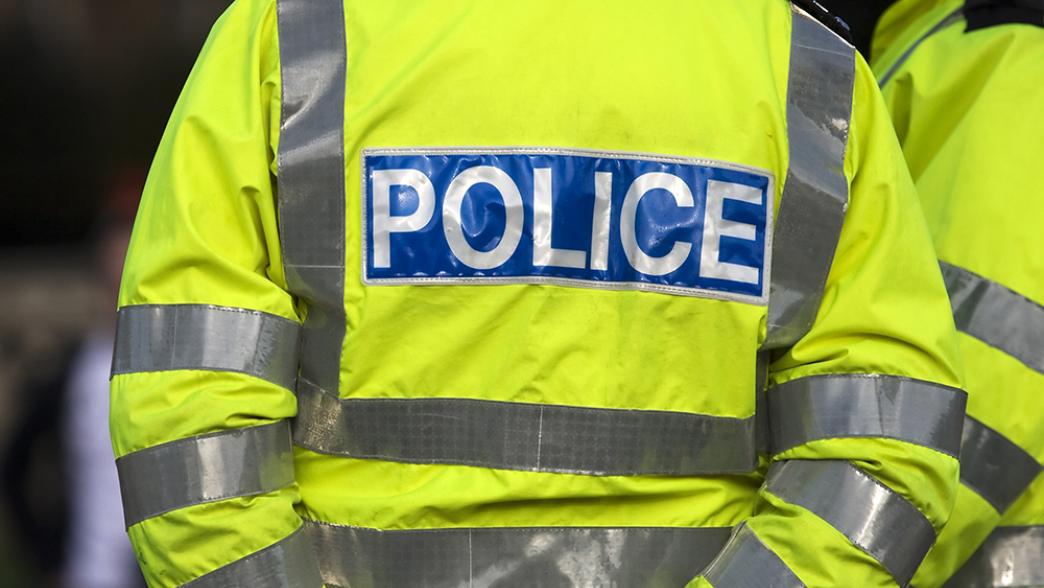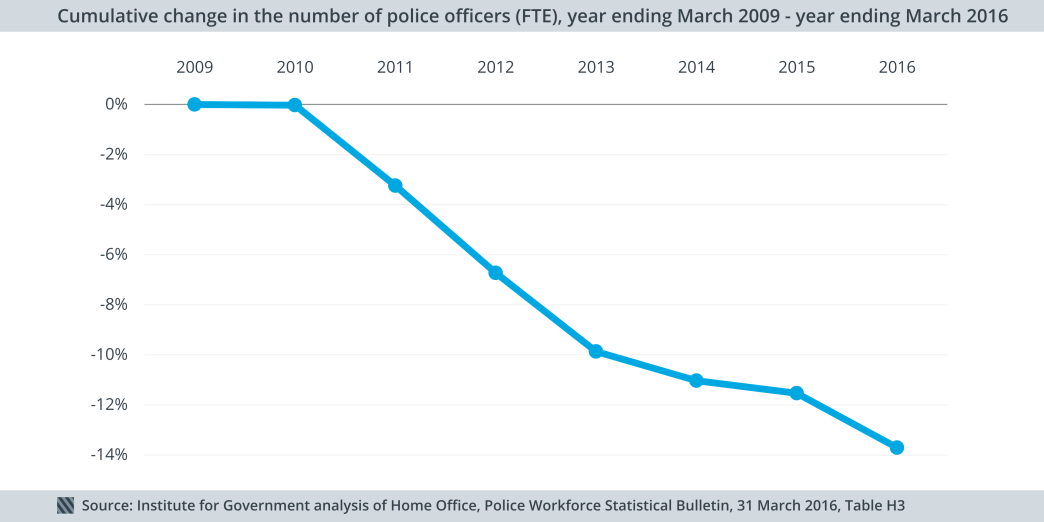Police resources must be effectively targeted

The events of recent weeks have put discussions about police resources firmly back on the agenda. But debate needs to move beyond numbers and think about how to target resources most effectively, says Alice Lilly.
